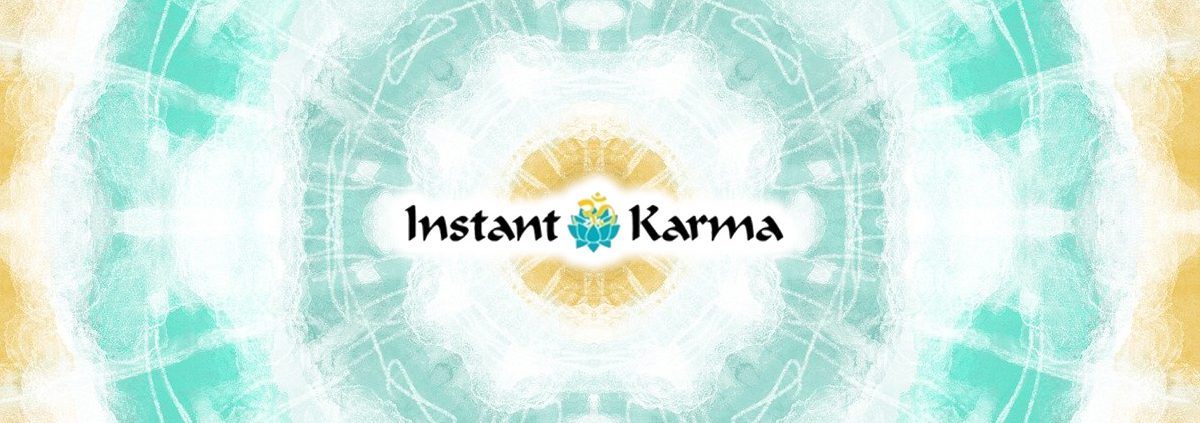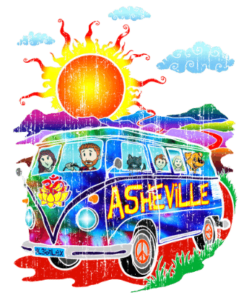Misconceptions About Wicca
Witchcraft and Wicca are often falsely portrayed by the media, resulting in many myths and misunderstandings. In recent times, Wicca in particular has been misrepresented, and portrayed in unfavorable ways. Let’s look at some of the common misconceptions that surround Wicca and clarify them.
The most damaging myth about Wicca is the perpetuation of the myth that the Wiccan religion is connected with Satanism. Wiccans do not acknowledge, nor accept the idea of a devil as it exists in the Christian tradition. Wiccans do not believe in, and therefore do not worship Satan. The pentagram is a sacred symbol in Wicca and it is one Satanists have also used. This may also add to the confusion. It’s important to note however that the pentagram has been a symbol used in a variety of traditions for thousands of years, and it holds different meanings for each one.
Wicca is often associated with the casting of dark spells or black magic. Wiccans are opposed to the use of negative magic or spells. They believe in the threefold law that states what one puts forth energetically, is returned to them three times over. For this reason, it would not be wise to put forth energy or spells intended to bring harm to others, as you would also draw harm upon yourself.
Wiccan rites and rituals do not involve the harming of animals. We’ve all seen the myths where witches brew recipes in cauldrons with “eye of newt” etc, but in reality, Wiccans never harm living creatures for any religious rite. Wicca is a nature-based faith and its followers are encouraged to respect all living beings. Offerings in Wiccan ceremonies consist of flowers, wine and food, never animals or humans for that matter.
Some myths suggest Wicca is not an actual religion, however in the US, it is a federally recognized religion. Wicca takes several of its practices from ancient Pagan traditions, but it is actually a newer religion established in the 1950’s. It is a pantheistic faith where Gods and Goddesses are both recognized. Not all Wiccans practice witchcraft and vice versa, not all practicing witches are Wiccan.
Some myths hold that the Wiccans use a dark “holy book”; this is not true. Wiccan tradition has no official holy book or bible. The book of shadows this myth is misconstruing is a very personal book to the individual practitioner. There is nothing dark or evil about it.
A book of shadows may contain one’s own personal spells, stories, lore and knowledge. For example, a Wiccan may record favorite lessons that help enhance their faith. In another part of the book they may record their favorite spells or prayers and in another portion, keep practical information about herbs and their uses. Every person’s book is different and unique to them; it is simply a personalized repository of information.
Unfortunately, there is a tendency in Hollywood and the media to enhance certain perceptions about Wiccans and witches, especially around Halloween. Although most of it is not meant to be harmful, it does perpetuate stereotypes and prejudices that are not only untrue, they are very unfair. Witches are not ugly old hags, they do not practice blood rituals and they are not evil or in cahoots with any demons. Most Wiccans look like everybody else. The only way you might recognize one is by the religious symbol of a pentagram they often wear, in much the same way many Christians were crosses.
Discrimination against Wiccans is quite common. Unfortunately, when myths become shared more than knowledge, it lends itself to misconceptions and prejudice. Learning the truth about Wicca, what it actually represents, and how it is practiced, can help give others a better understanding and hopefully lead to more peaceful co-existence among those of different faiths.




